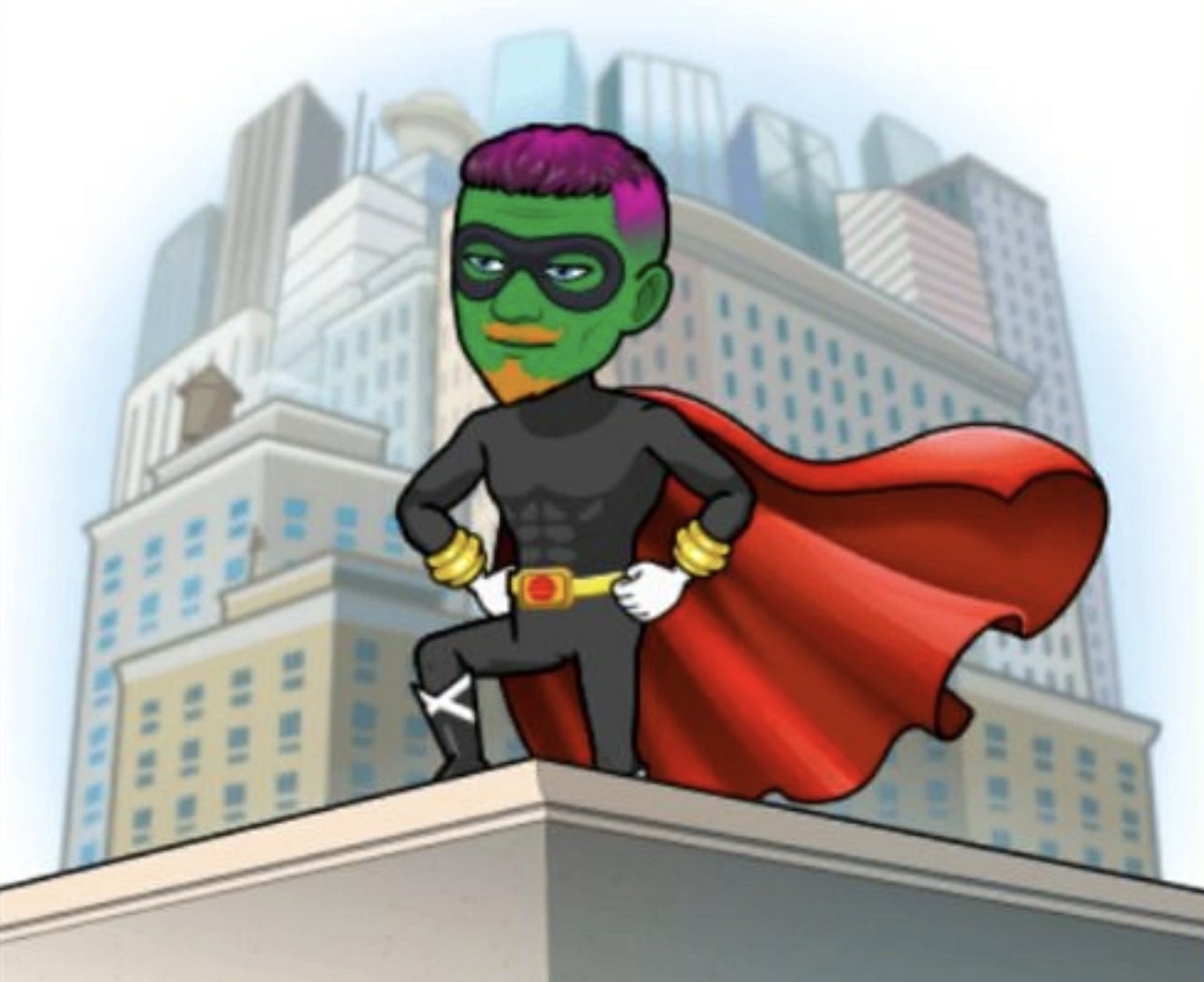Kaiju Preservation Society Book Review
I love John Scalzi’s books! There. I am revealing my bias up front, for all the world to see. Despite my history of enjoying Scalzi’s books, I don’t usually track his new releases very closely, therefore, his excellent Kaiju Preservation Society novel snuck up and bit me. Here is my Kaiju Preservation Society Book Review.
I actually had heard of this title, but it took a friend posting about it on social media to motivate me to read it. Being rather cheap, I rarely buy books anymore, I checked out a digital copy of the book from my local library system (Did you know that the King County (WA) Library System is third in THE WORLD in digital downloads? Neither did I. Wow!)
Anyway, after downloading the digital version of the book (Mr. Scalzi, sorry I did not buy it), I began reading it and I could scarcely put it down. Ok that is an old-fashioned phrase from when I would actually, physically hold onto a book made of actual paper, but I think you get the meaning, right?
Back to the book: Without giving away too much spoiler-like stuff, our main character (yes, the protagonist) is Jamie Gray, a failed academic who, in the early days of The Pandemic (yes, a COVID-era novel—YES!) finds himself helplessly in the tender mercies of New York venture capitalism. Can you say downsized? Anyway this leads him to a new job with the Kaiju Preservation Society.
Even the most casual sci-fi fan probably knows that Kaiju is a Japanese term for, how shall we put it…Godzilla-like creatures. Without going into too much detail (don’t want to spoil it for you), these critters exist…somewhere hard to get to, and Jamie is recruited to try to preserve them.
That is pretty much it for plot summary. Yes, go read it. Why? Ok, here are the reasons I liked it:
-
- Kaiju are cool. Scalzi’s creativity in creating his Kaiju-verse is clever, as his how these animals get their individual names. Yes, there is a Kaiju named Kevin!
- He gets the angst and uncertainty of the Pandemic down right. He, and we, lived through it, so that is not a real surprise.
- Humor. Lots of low-key humor, seen in the regular interactions Jamie has with roommates, co-workers, and, yes, the bad guys.
- Speaking of bad guys (yes, the dreaded Antagonists), there are no real surprises other than the fact that even the main bad guy is almost relatable to regular folks. This is a theme of a lot of Scalzi’s work throughout his books.
- The science part of Scalzi’s sci-fi sounds logical. For a non-science major, that may not mean much, but if it makes sense to me, then it should for you as well. Plus, the original social media recommendation came from a high school science teacher, so…yeah.
Scalzi’s page on Wikipedia lists this book as a “stand-alone novel,” so we may or may not see a sequel. The book ends with a real conclusion, but it leaves an opening for another book. I do hope we get a sequel.
I highly recommend this one for anyone who wants/needs a good read. Let me know what you think in the comments.
Hey, you are still here. Cool. I have other book reviews on this site as well. Enjoy!





